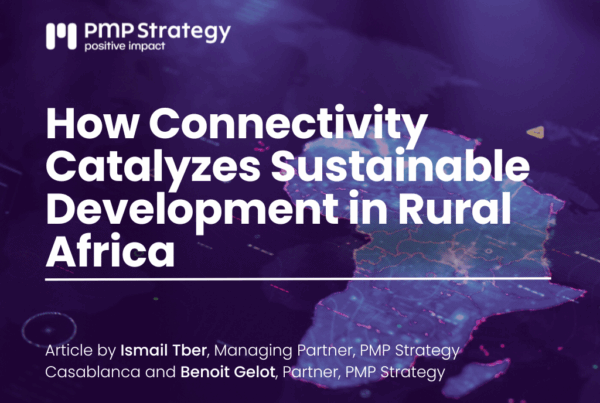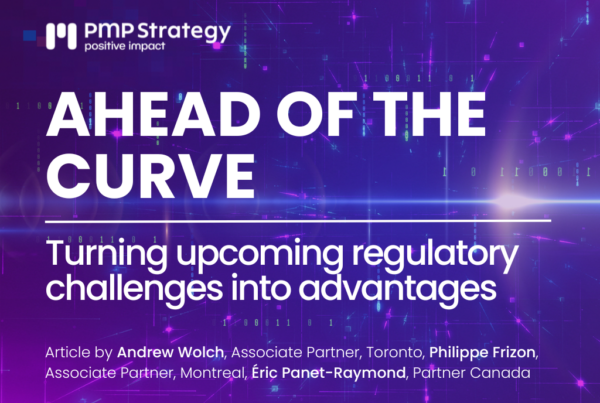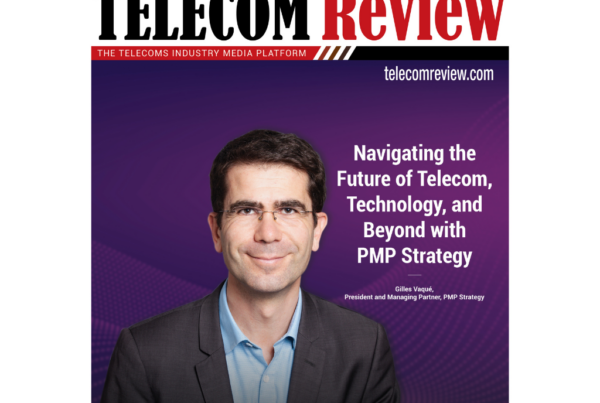PMP partner of the Master Club of the Cercle LAB, contributed to BADASS, a production resulting from the work of exchanges, sharing and foresight of the 3 provident clubs 2018-2019.
Our partner in charge of the Insurance, Banking and Health Pole, contributed to the work of the Club Prévoyance whose sponsor was Philippe Dabat, as a partner of the Cercle LAB, and alongside Mariona Vivar.
The theme of the Club was: “The role of insurers in controlling work stoppages”
In the BADASS, an editorial to share the challenges of provident insurance, essential cover to protect the family and support the prevention of the risks of work stoppage, disability and premature death:
E for Educate: What if we talked more and better about foresight?
The rate of supplementary provident coverage of the French is lower and above all more unequal than their rate of health coverage. Paradoxically, it seems that the need to guard against the risk of death, disability, incapacity is perceived as less essential than that of guarding against excessive health expenditure .
Insurers have a role to play in this explanation. There is still some way to go to support each French person in an impact analysis if… he dies, becomes disabled or temporarily cannot work.
Those who did so had the opportunity to discover the usefulness of these approaches and the customer proximity that resulted from them.
P for Prevent: And if we spread more the culture and actions in terms of risk prevention “provident” ?
It is clear that the dissemination of preventive actions backed by complementary health guarantees has been massive over the last 5 years with mixed results in terms of utility, use and impact.
The issue of prevention backed by provident guarantees has been less developed. However, it is likely that the distribution models are more efficient if we take the time to convince the company and on the other hand that the economic model is more obvious.
Those who have invested in return to work programs have already experienced it.
R for Reunir: What if we stopped working on the subject of occupational health in “silos”?
Within the company itself, various clients who communicate insufficiently with each other, the HRD, the occupational health services, the employee representative bodies, the managers, the very recent entities in charge of QWL, the risk managers , the people in charge of social cover … And finally a difficulty in making an inventory of all the actions undertaken and in qualifying their impact.
Opposite the company, an incalculable number of actors intervene on the subject of workers’ health. In the first place, occupational medicine, but also professional branches, the Ministry of Health, the Ministry of Labor, various public establishments, various service operators and of course insurers and brokers. So many actors who in most cases do not know or do not want to work together.
In spite of everything, pragmatism and economic constraints help to bring about the emergence of partnerships which would have seemed strange yesterday between insurers, occupational medicine, start-ups, etc. in the service of the health of the company and its employees. We wish these initiatives every success. May they sustainably inspire the entire ecosystem!
V for Valoriser: What if we helped to facilitate the access of businesses to qualified offers by supporting them in calculating the impact of the € invested?
There is a great opportunity to support companies in a 4-step process:
- Diagnose the company’s situation,
- Build an action plan,
- Implement it,
- Evaluate the impact.
If this approach is frequently mentioned, it is rarely globally and durably deployed. It struggles in particular at the implementation level, due to the difficulty of analyzing the market offer, which is vast and heterogeneous both from the point of view of quality and price.
When will there be a market place for employee and business services?
E, P, R, V… PREV… as a provident fund…




